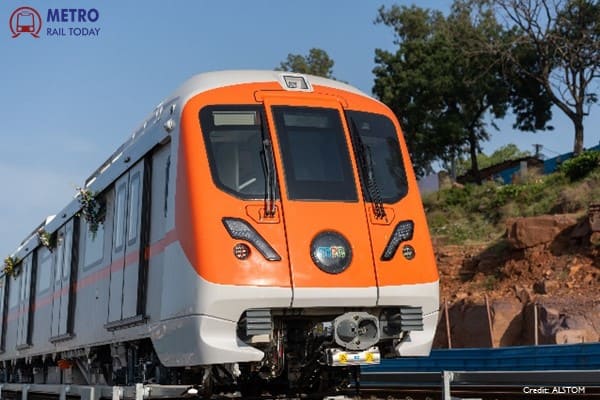 Bhopal Metro launch delayed as CMRS Inspection awaits New Appointment
Bhopal Metro launch delayed as CMRS Inspection awaits New Appointment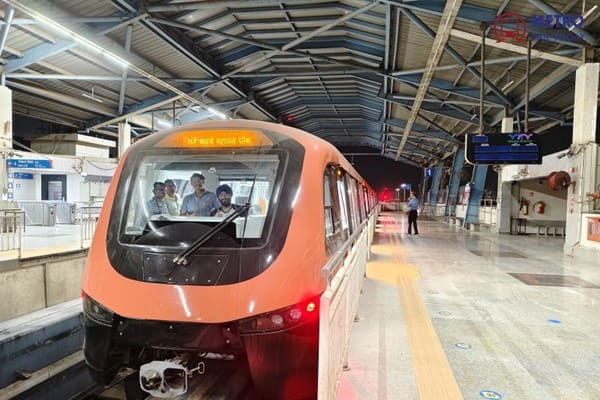 New Mumbai Monorail Rake by Medha Servo Drives damaged during System Test
New Mumbai Monorail Rake by Medha Servo Drives damaged during System Test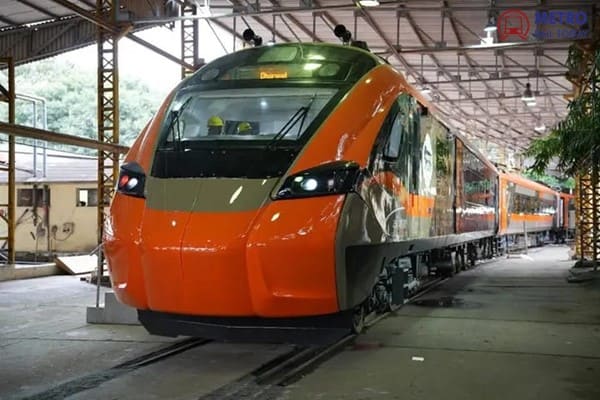 Launch of Vande Bharat Sleeper Trains delayed as Railways flags furnishing and safety concerns
Launch of Vande Bharat Sleeper Trains delayed as Railways flags furnishing and safety concerns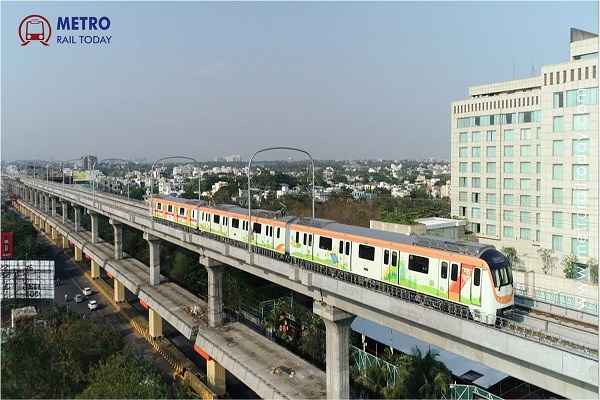 Three firms bid for Automatic Fare Collection System Contract for Nagpur Metro Phase 2
Three firms bid for Automatic Fare Collection System Contract for Nagpur Metro Phase 2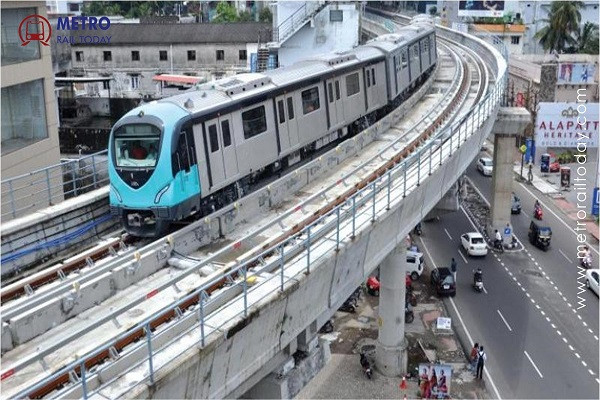 Three Firms shortlisted for Third Rail Electrification Contract of Kochi Metro Phase 2
Three Firms shortlisted for Third Rail Electrification Contract of Kochi Metro Phase 2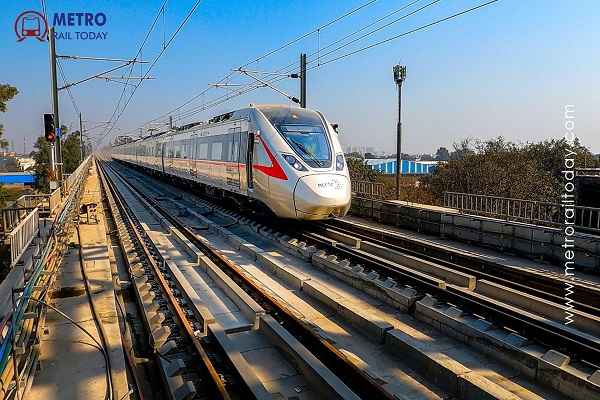 Construction for Delhi-Gurugram-Alwar Namo Bharat RRTS Corridor likely to begin in August 2026
Construction for Delhi-Gurugram-Alwar Namo Bharat RRTS Corridor likely to begin in August 2026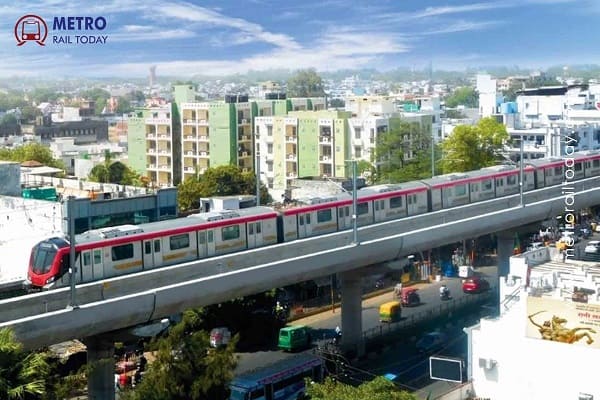 Two firms compete for Detailed Design Consultancy Contract of Lucknow Metro Line 2
Two firms compete for Detailed Design Consultancy Contract of Lucknow Metro Line 2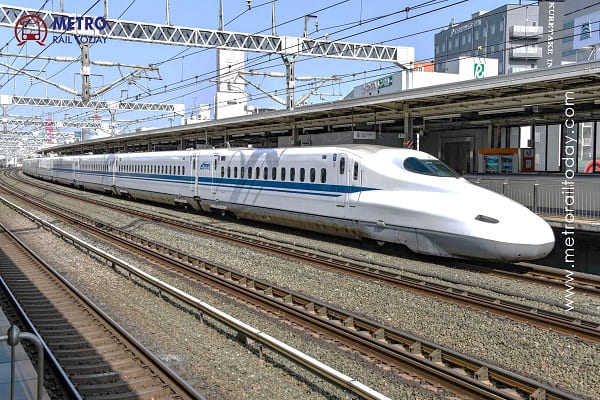 First tender launched for 240 km Amritsar–Jammu High-Speed Bullet Train Corridor
First tender launched for 240 km Amritsar–Jammu High-Speed Bullet Train Corridor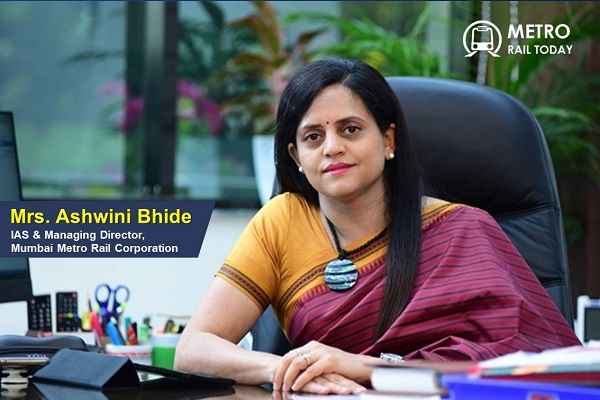 How Ashwini Bhide’s vision shaped Mumbai Metro Line 3 and redefined Urban Mobility?
How Ashwini Bhide’s vision shaped Mumbai Metro Line 3 and redefined Urban Mobility?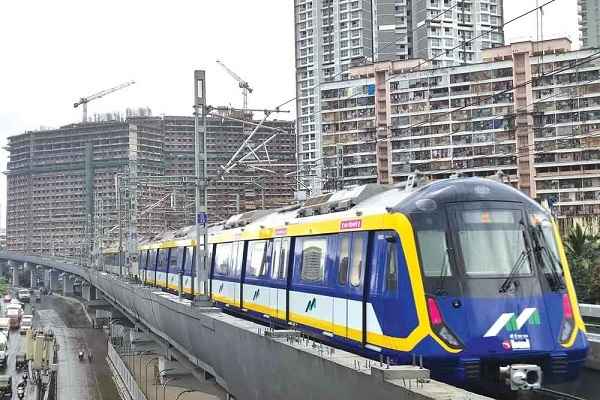 Titagarh Rail Systems Bags ₹2,481 Crore Rolling Stock Contract for Mumbai Metro Line 5
Titagarh Rail Systems Bags ₹2,481 Crore Rolling Stock Contract for Mumbai Metro Line 5
Central Govt approves construction of Delhi Metro's Rithala-Narela-Kundli Corridor
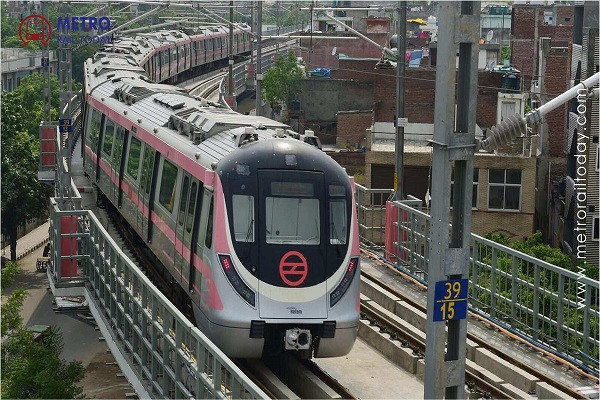
New Delhi, India (Metro Rail Today): The Centre has approved the construction of the Rithala-Narela-Kundli metro corridor, a significant extension of Delhi's Red Line. This project, which will span 26.5 kilometers and feature 21 stations, aims to enhance connectivity in the Narela, Bawana, and Alipur areas. The total cost of the project is estimated at Rs 6,231 crore, with the central government, the Delhi Development Authority (DDA), and the Delhi and Haryana state governments sharing the financial burden.
This metro corridor is expected to greatly improve local infrastructure, boosting the development of the Narela-Bawana sub-city. The area is already being developed as an education hub and will benefit from the addition of various campuses, corporate offices, and medical facilities. Improved connectivity will make the region more attractive for investments, driving economic growth and urban development.
Narela already hosts several significant institutions, including the Delhi Technological University, NIT Delhi, the National Institute of Homoeopathy, Raja Harish Chandra Hospital, Anaaj Mandi, Smriti Van, and various DDA housing projects. The new metro corridor will integrate these facilities more seamlessly with the rest of the city, promoting ease of access and convenience for residents and visitors alike.
The corridor will feature major stations in key areas, including seven sectors of Rohini, villages like Barwala, Sanoth, New Sanoth, and Narela, JJ Colony, and two stations in the Bawana industrial area. In Narela, five stations are planned: Anaaj Mandi, Narela DDA Sports Complex, Narela Village, Depot Station, and Narela Sector-5. These stations will not only serve local commuters but also facilitate better connectivity for industrial and educational hubs in these areas.
The Rithala-Narela-Kundli metro corridor will also ensure seamless interstate connectivity between Ghaziabad, Delhi, and Kundli, enhancing economic interlinkages and promoting trade. The projected daily ridership is expected to grow from 1.26 lakh by 2028 to 3.8 lakh by 2055, underscoring its importance in the region's transport infrastructure.
While the project promises significant economic and social benefits, challenges such as securing timely funding, managing land acquisition, and minimizing construction disruption must be addressed. Effective financial management, fair land compensation, and efficient construction practices will be key to the successful implementation of the project.




